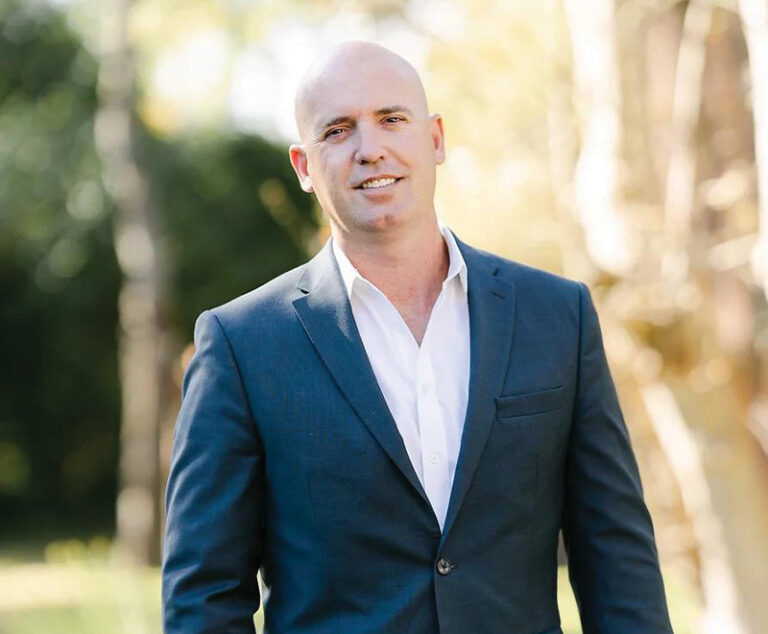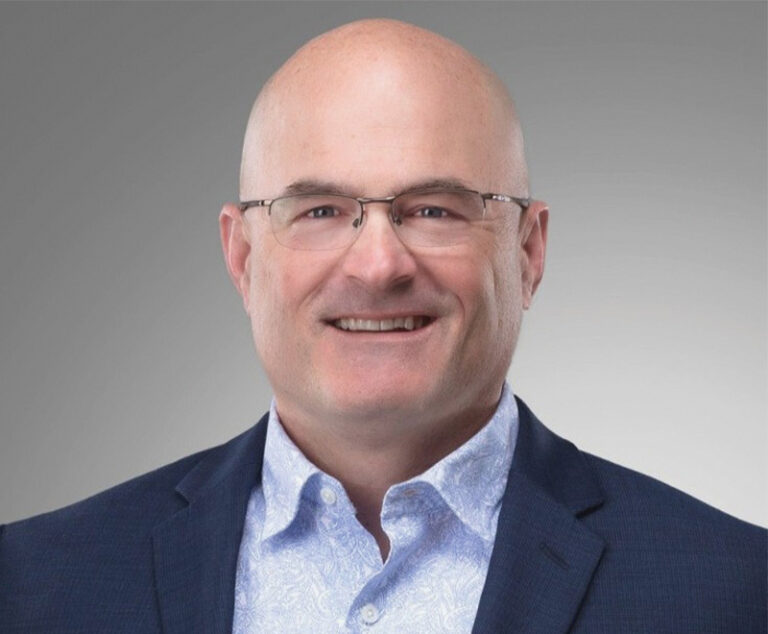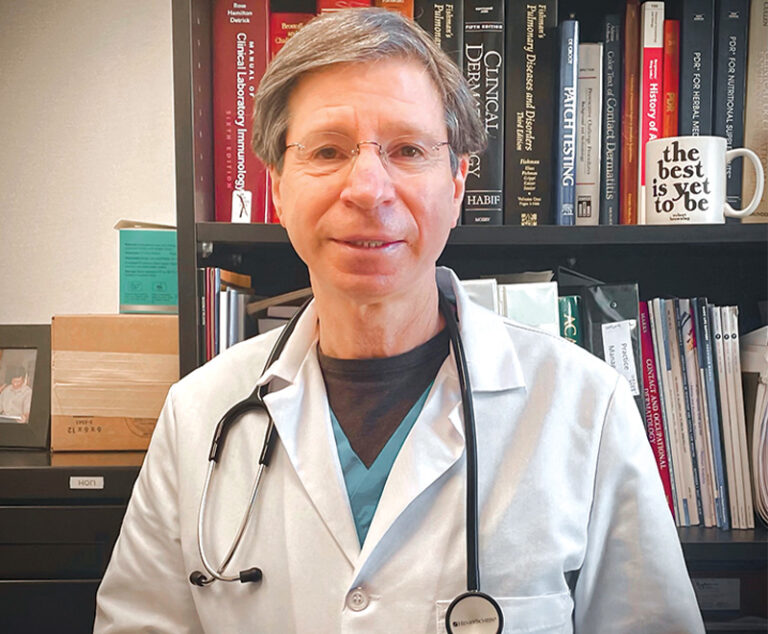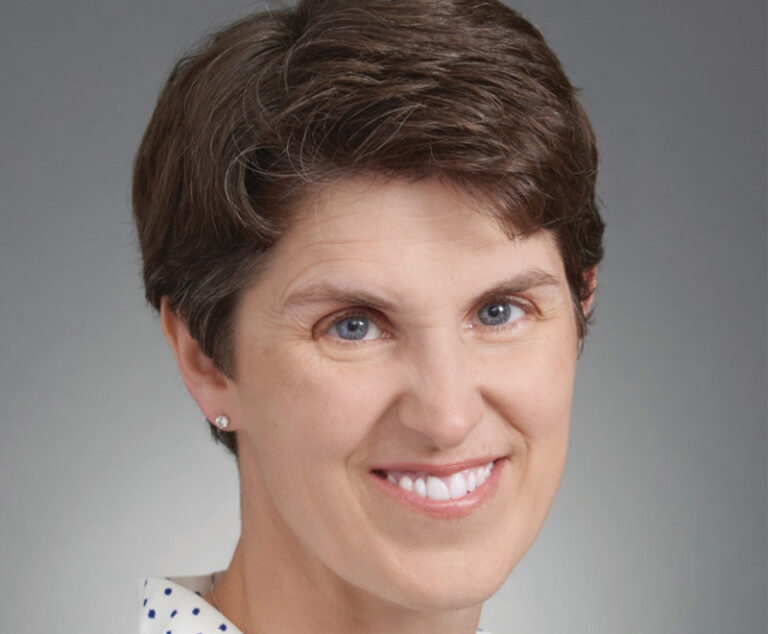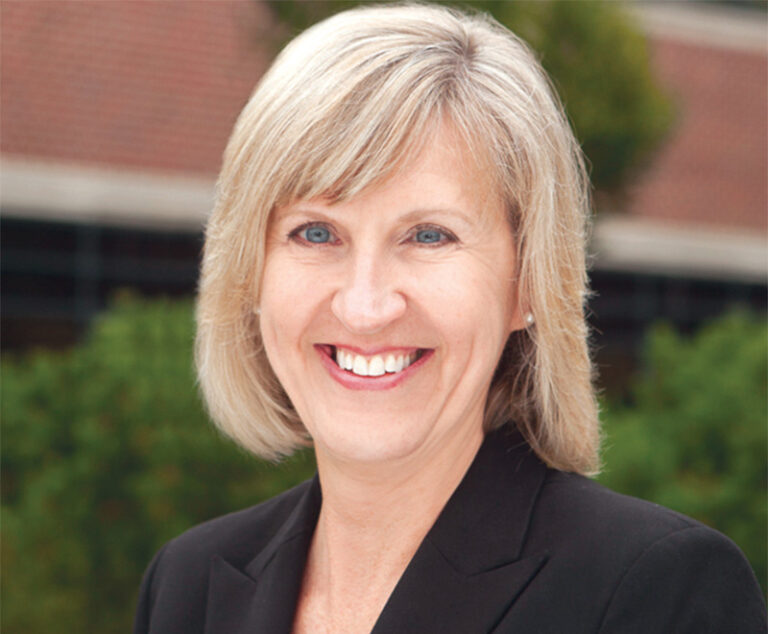Perspectives
Professionals, Providers & Patients
Dr. Phil Baquie is a mental health professional who developed and teaches Tactical Presilience training that provides proactive, preemptive and preventive training to help law enforcement and military personnel defeat PTSD.
After suffering for years with PTSD and contemplating suicide, Dan Jarvis turned his life around after he encountered a breakthrough treatment called the Reconsolidation of Traumatic Memories, a protocol he now uses to help others through his 22Zero nonprofit.
While there was a need to focus on producing vaccines and treatments for COVID-19 in the early days of the pandemic, testing remains crucial to give researchers the necessary data on how many people have contracted the virus, how current and future variants spread and how many people have some degree of natural immunity to it.
Dr. Marc Goldstein has been treating asthma patients for more than 30 years and is involved in asthma research and clinical trials.
Diagnosed with asthma as a young child, this patient refuses to let his health limit him personally or professionally.
Dr. Sarah Berry is at the forefront of osteoporosis research, studying modifiable risk factors for falls.
Mary Hettinger, who has a family history of osteoporosis, knew the seriousness of getting regular bone density screenings, and since her diagnosis at age 61, she has made lifestyle changes to decrease her risk of bone breaks.
As the healthcare industry adapts to an ever-changing landscape, transitioning to a wellness model of care looks to be in its future.
Nancy Ascher, MD, PhD, has devoted her career to organ transplantation and transplant surgery.
A chance meeting with a classmate suffering from kidney disease started a chain of events that set Eldonna on her path to become a living organ donor.
A growing demographic of “vaccine-hesitant” parents is driving demand for an alternative vaccine schedule that differs from CDC guidelines. But is it safe?
Emerging infectious diseases — those that have either never before been recognized or are re-emerging — represent one of the greatest threats to humanity.
